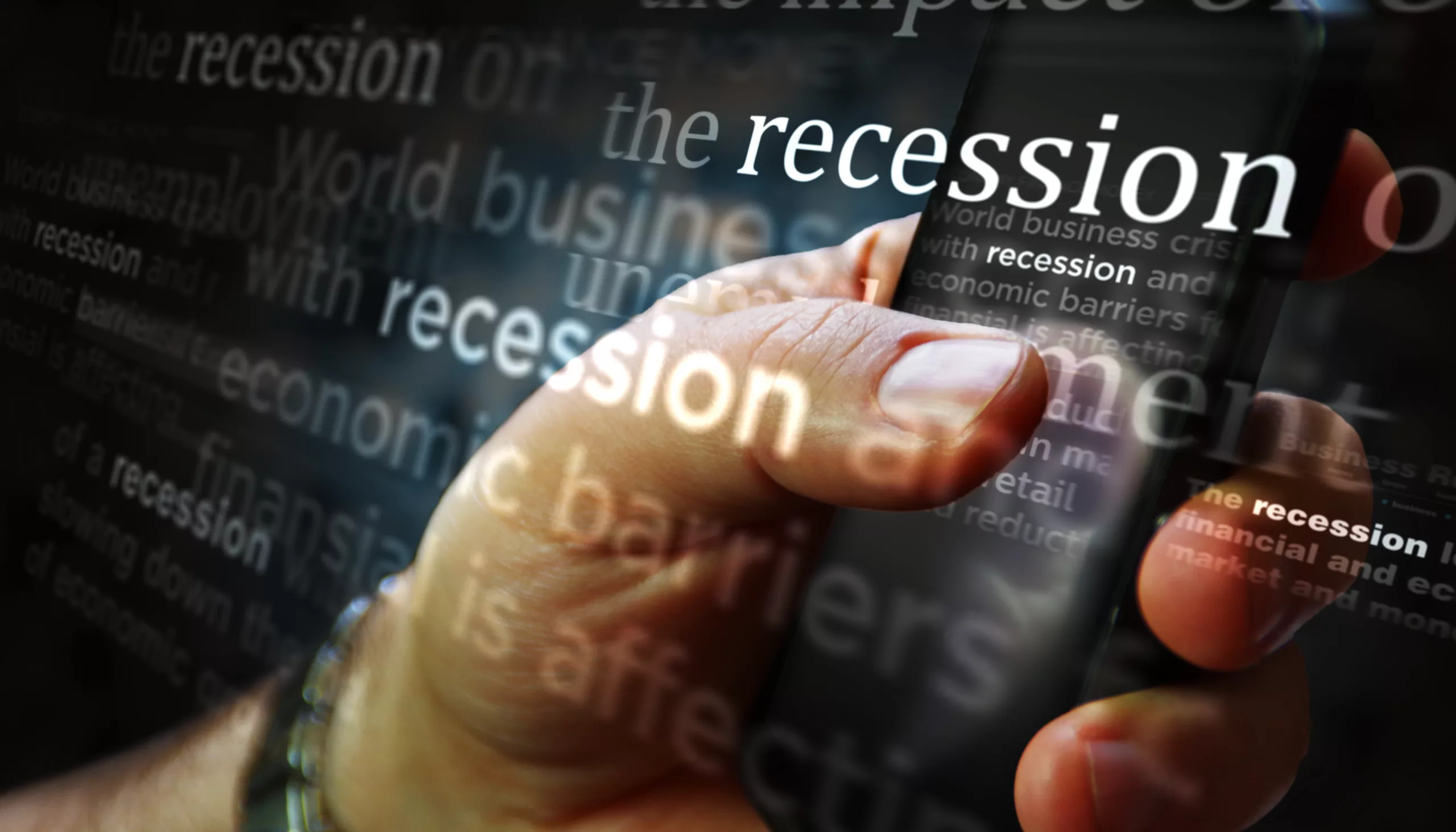Seven States that May Tax Student Loan Cancellations
For millions of Americans, the news that President Biden was going to forgive student loans brought a huge smile to many faces. A great excuse to pop a bottle of bubbly and dance to Biggie. For me personally, this is a huge help. I had decided to go back to school in my thirties when I changed careers, and I have been paying a good amount off every month for the last five years. As I write this, my wallet is throbbing in pain from the PTSD payments.
However, the great news will not be as sweet for millions of Americans in seven states because they might have to pay income tax on all those canceled loans. If people have $10,000 forgiven, they could owe an additional $500 in taxes. If they are forgiven $20,000, they could owe up to $1,000.
This extra tax could hurt many Americans who are already struggling to get by with high inflation, rent, and interest. According to Colin Stroud, who lives in Madison, Wisconsin, and qualifies for $10,000 debt cancelation, “A lot of people anticipate some return and depend on that at the end of the year to get that money back. So if that gets wiped out, I could see that really disrupting people’s financial planning.”
Before 2021, student debt cancellation was taxed at the federal and state levels since it was considered a form of income. However, in March of 2021, the American Rescue Plan was passed, and until 2025, student debt will not be considered taxable income at a federal level.
This is all great; however, seven states are going against the federal laws and are looking to tax the debt relief.
What States Might Tax the Loan Forgiveness?
North Carolina
The Tarheel State has always done things on their own terms. Although North Carolina follows federal law, they have decided to tax student debt relief.
Indiana
Similar to North Carolina, Indiana has decided to go against Congress and list any loan forgiveness as taxable income.
Mississippi
Unlike many other states, Mississippi doesn’t follow federal tax policies. So any changes that were enacted during the American Rescue Plan do not affect this state in any way. As a result, they plan to tax the canceled loans.
Arkansas
Like Mississippi, Arkansas’ tax policy does not follow federal policy, so there is no mandatory tax exemption planned soon. However, they plan to review their current tax laws at the beginning of early 2023.
Minnesota
The land of lumberjacks and Prince-themed pancake specials, has an interesting situation. They do follow federal tax policy; however, the policy they follow is out-of-date — going back to 2018.
Although the Governor tried to update the tax laws during the last legislative season, it was not passed, and until they make serious updates, student loan borrowers will be taxed.
Wisconsin
Minnesota’s cheese curd neighbor also follows outdated tax policy. In their case, it is from 2020, just a few months before the American Rescue Plan was introduced. Both Wisconsin and Minnesota could technically change their laws before tax season next year; however, this would take a lot of work and compromise.
California
It’s crazy that one of the most liberal states in the country that constantly is trying to push progressive agendas might have to tax millions on their student debt relief. California, like Minnesota and Wisconsin, conforms to older federal tax codes. In their case, it’s from 2015.
On a positive note, the California government is aware of the adjustments they need to make, and in a Tweet made on September 9th, 2022, Speaker Anthony Rendon said, “Rest assured, one way or another, California will not tax the federal student debt relief.”
So What Does This Mean?
Well, it looks like millions of Americans will not only have to pay taxes on their student loan forgiveness but the states that tax these people will not have a clear and concise way of letting these borrowers know that.
In the past, the government would send out a federal 1099-C form to millions of borrowers, but now the federal government has asked student loan companies not to issue those forms. This makes it so many people in the seven mentioned states might not know if they have to pay taxes on that debt forgiveness, and they may owe even more because they are not notified of what they need to do, and they have to deal with late payments.
In the end, we hope that no one is taxed on their student loan debt relief and we are given the tools we need to succeed. When over 2 million people owe more than $100,000 and 500,000 owe more than $200,000, things need to change.
In the past, America flourished when it gave affordable opportunities to everyone. Now, it seems like you have to have a silver spoon to have a chance.


![Learn How To Do Your Taxes In 4 Steps [2023]](https://urbanincome.com/wp-content/uploads/2023/02/Learn-how-to-do-your-taxes--scaled-500x383.webp)





